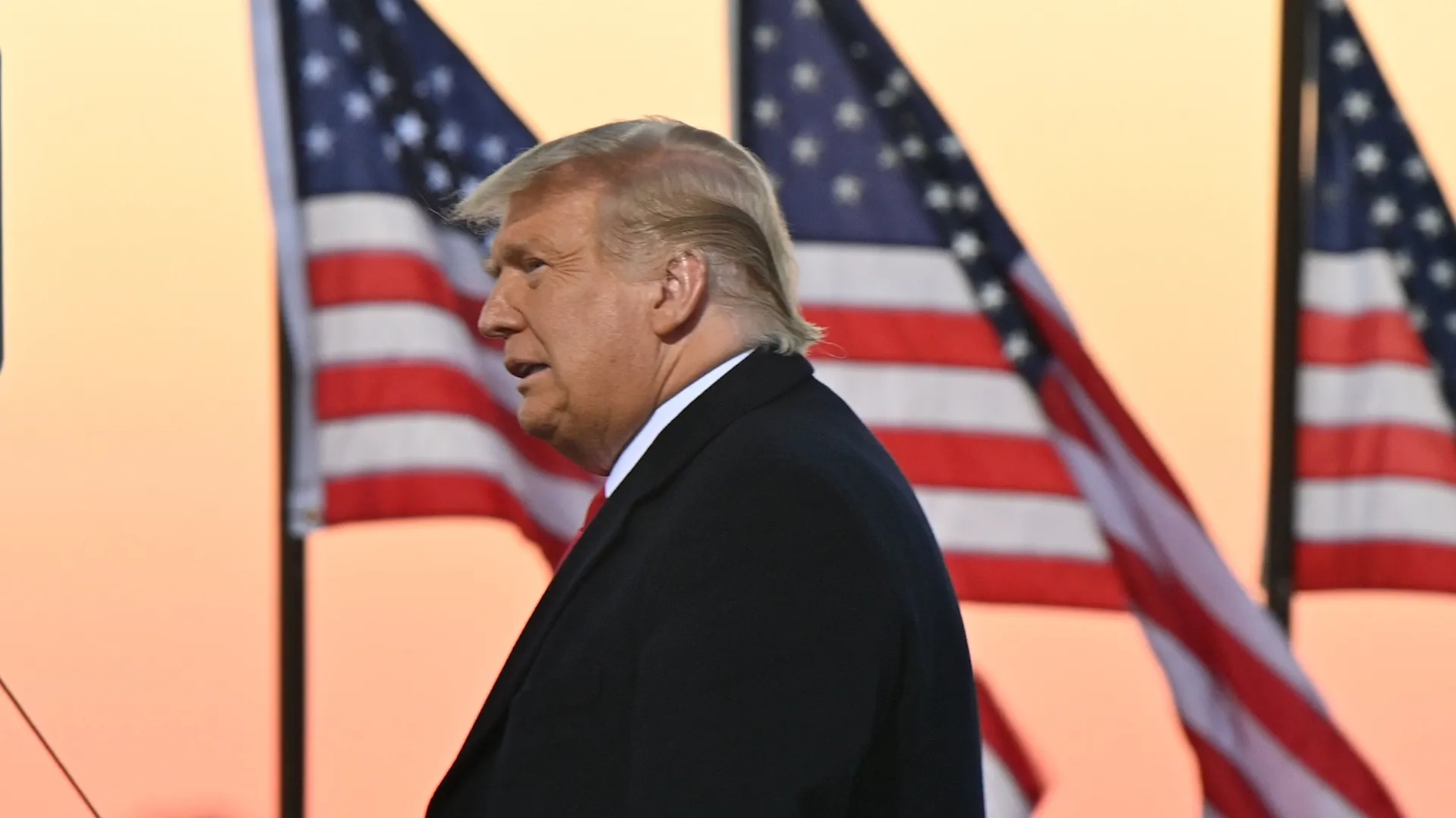In a move that has sent shockwaves through the political landscape, the Colorado Supreme Court, comprising justices appointed by the Democratic party, recently made a controversial decision affecting former President Trump’s place on the state’s ballot. The ruling, deemed a direct assault on the democratic process by some, echoes the age-old adage of politics being a dirty game. But let’s dive deeper into what this means for the voters, the former President, and the sanctity of democratic elections.
A Democratic Dilemma or a Necessary Move?
The Colorado Supreme Court’s decision supports the actions of a left-leaning group, reportedly funded by George Soros, to exclude President Trump from the ballot. This move, according to spokesperson Cheung, is seen as an attempt to sway the election in favor of Joe Biden. Critics argue that this is a stark reminder of the tactics often used in dictatorships, where opposition is methodically removed to clear the way for the ruling party’s unchallenged victory.
The Polls, The Panic, and The People
There’s no denying that the Biden administration has faced its fair share of challenges and criticism. With President Trump leading in several polls, the decision by the Colorado Supreme Court has raised eyebrows and questions. Is this an act of desperation by the Democrats, fearful of losing their grip on power? Or is it a legitimate move to uphold some unspoken ethical standard in politics?
Legal Battles and The Supreme Court’s Role
In response to the Colorado Supreme Court’s ruling, Trump’s team has vowed to take the fight to the United States Supreme Court. They express confidence that the higher court will overturn the decision, viewing it as an infringement on American democratic values. This legal battle is not just about one candidate or one election; it’s a fight for the core principles of democratic choice and the rule of law.
The Thin Line Between Law and Partisanship
This situation brings to light the delicate balance between legal decisions and political partisanship. How do we ensure that our courts remain bastions of justice, untainted by political leanings? The Colorado Supreme Court’s decision, whether right or wrong, has certainly blurred this line, raising concerns about the impartiality of our judicial system.
Democracy on Trial: The Voter’s Plight
At the heart of this legal tussle are the voters, whose right to choose their preferred candidate is being questioned. Removing a candidate from the ballot not only limits options but also raises serious doubts about the integrity of the electoral process. How do we reconcile the legal frameworks with the democratic right to choose, especially in a polarized political climate?
The Verdict: A Precedent for Future Elections
This ruling sets a precedent with far-reaching implications for future elections. It’s a slippery slope when legal institutions start dictating electoral choices. The outcome of this legal battle will either reinforce or challenge the autonomy of the voters, potentially reshaping the American electoral landscape.
Looking Ahead: The Role of the Supreme Court
As the case moves to the United States Supreme Court, all eyes will be on how it interprets this decision. Will it side with preserving the status quo, or will it champion the cause of electoral freedom and democracy?


1 comment
[…] Source link […]